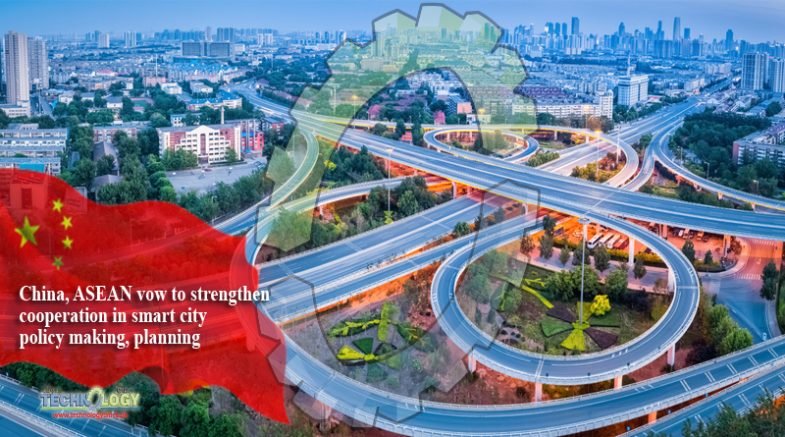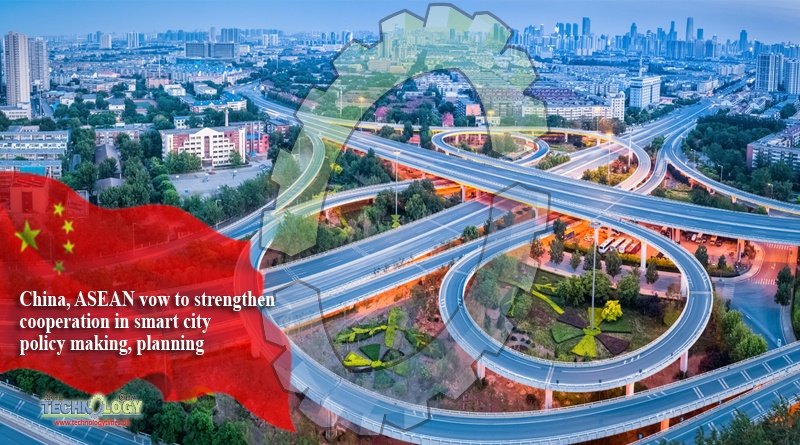China and the Association of Southeast Asian Nations (ASEAN) pledged here Sunday to strengthen cooperation in smart city policy making and planning so as to promote the quality and sustainable development of smart cities.

In a statement issued after the summit, the two sides agreed to explore cooperation on standards by promoting cooperation in communication, mutual recognition, development and use of suitable international standards and related policies and conformity assessment schemes regarding smart city technology industries, key fields of application and integrated solutions.
They will strengthen capacity building for standardization and explore the application of localized standards, taking into account the specific needs and different priorities as well as different levels of development of each city.
The two sides will also advance technological innovation by exploring facilitation of information exchange on achievements and joint research and innovation opportunities, jointly improve innovative capacity, and actively pursue cooperation in the various fields of smart city development.
They will encourage the establishment of mutually-beneficial partnership between ASEAN and Chinese cities as well as partnership involving private sector solution providers and other relevant institutions from both sides.
The two sides promised to explore opportunities to incorporate cultural linkages between ASEAN and Chinese cities to promote better understanding across cultures and strengthen the people-to-people bonds.
The two sides also agreed to promote capacity building and knowledge sharing by encouraging universities, enterprises and research institutions to conduct training programs, jointly nurture talent in fields of smart city development, and encourage exchanges among related government departments, research institutions, enterprises and other relevant stakeholders to promote the sharing of knowledge, technology and innovative solutions.
The smart city concept was invented after rapid urbanization created a string of challenges in areas including transportation, water conservation, communication, waste disposal and pollution.
Established in 1967, ASEAN groups Brunei, Cambodia, Indonesia, Laos, Malaysia, Myanmar, the Philippines, Singapore, Thailand and Vietnam.
